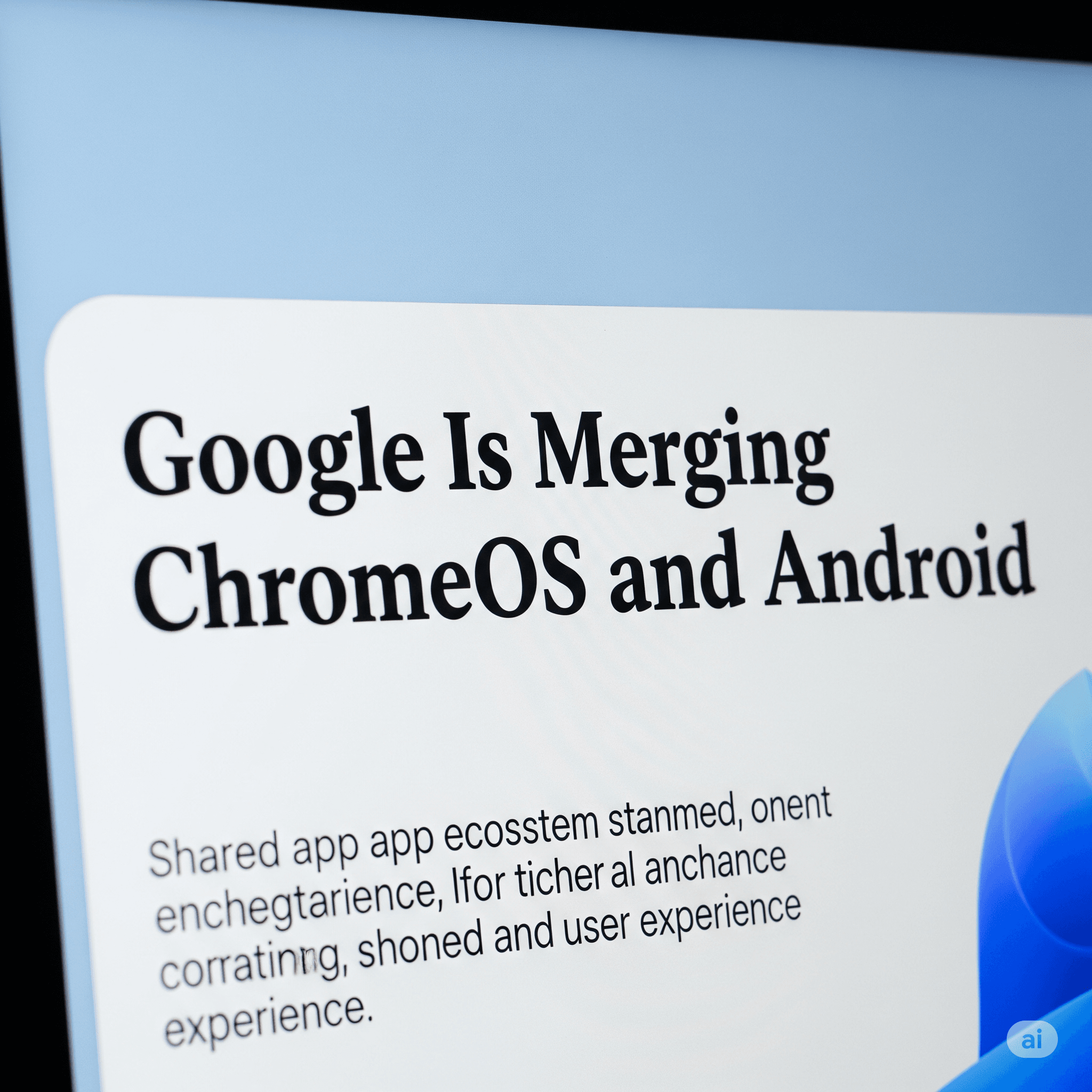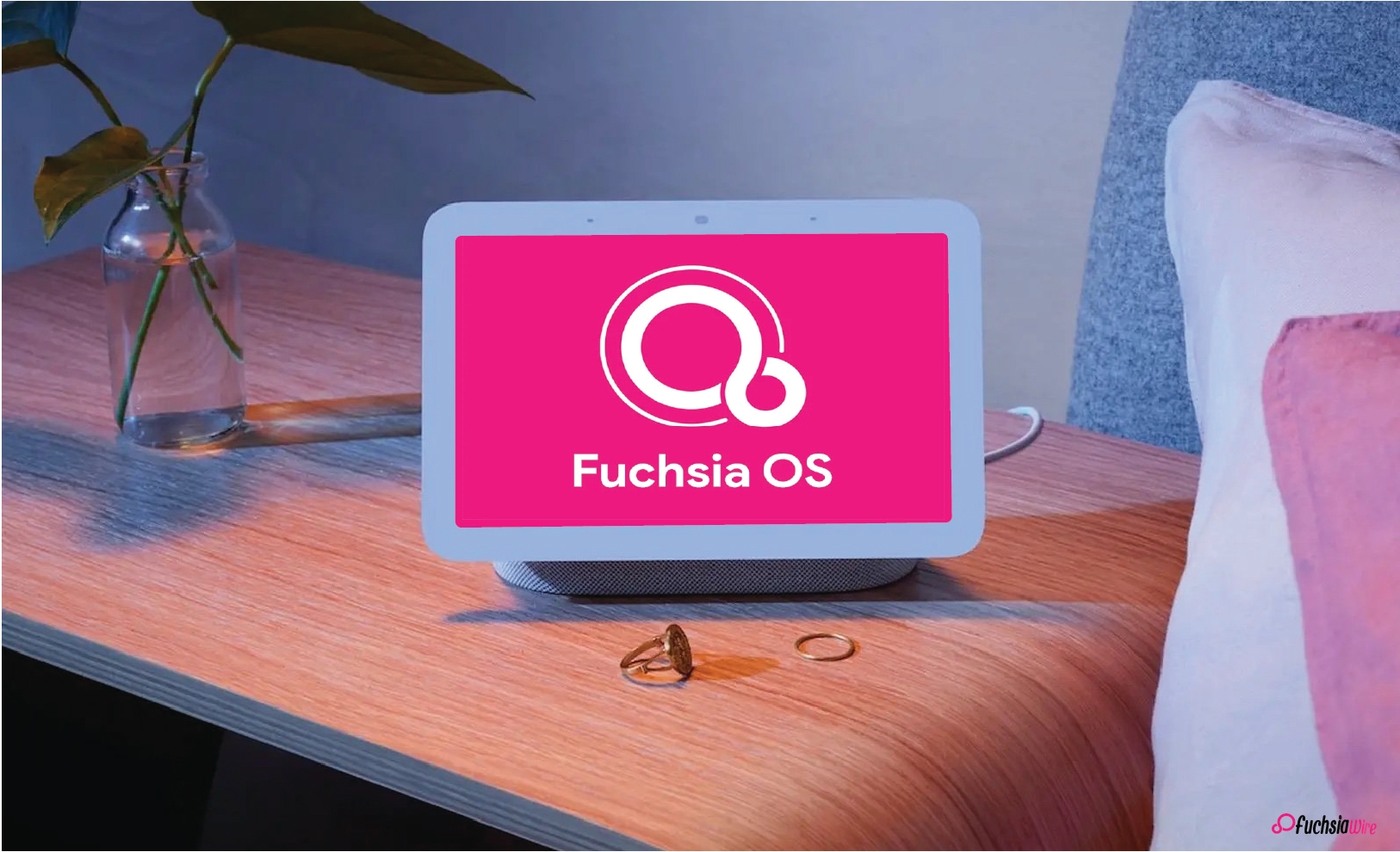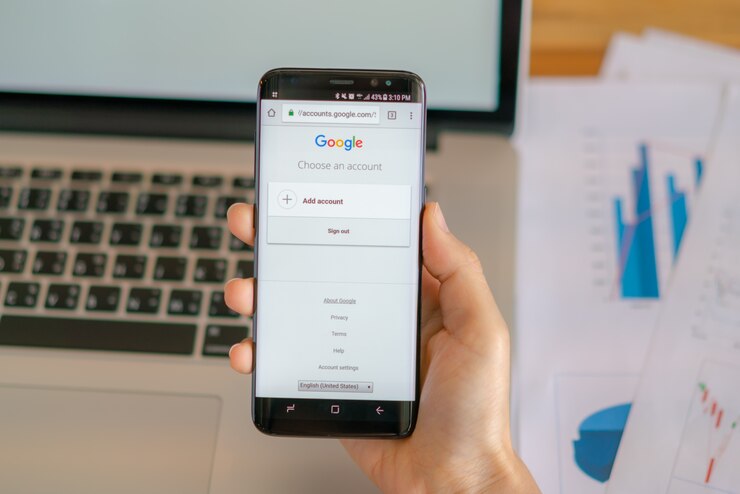Google officially confirmed that it is combining Android and ChromeOS on a single operating system. The confirmation is the most definitive indication yet toward a unified operating system. It reaches from smartphones, through tablets, to laptops.
It’s not a backend merger; it’s a paradigm shift in the user experience. With unified apps to seamless AI applications, today’s merger paves the way for Google’s next era of cross-device innovations.
The Official Announcement and Why It’s Big News
This is the first public sign of a long-guessed-at transition. Both ChromeOS and Android once shared code for a long time. The Linux kernel and app frameworks, for example—the new direction suggests full convergence.
On asking, Sameer Samat stated:
“We are going to be combining ChromeS and Android in a single unified platform.”
Why Merge Chrome OS and Android ?
The merger is not just about streamlining resources. This is also a long-term strategy for direct competition against Apple’s unified platform strategy. That is why Google is making the switch:
Shared Technologies: Both are Linux-based and also share code between one another from the Android Runtime and the WebView.
Engineering Effectiveness: Centralized engineering activities make for faster updates and shared innovations across devices.
Apple Competition: Apple’s seamless end-to-end experience from iPhone, iPad, and Mac established user expectations. Google is working toward delivering the same cross-device consistency.
Single Experience: Regardless of which device you are on—Pixel Fold, Chromebook, or Android tablet—the experience is seamless.
What It Means for Users
The Chromebook and Android experience would become closer to a desktop operating system, and productivity and multitasking would become easier.
Features are facilitating seamless transition between keyboard and touch worlds. Among the most exciting new things is the converged app environment, no longer having to deal with developing.
The merger is bound to make devices much smarter, more productive, and responsive, thus spurring an intelligence-driven cross-device era.
What Happens to Existing Chromebooks?
Not surprisingly, everyone is asking the following questions: What about my current Chromebook? The good news is that current Chromebooks will continue to receive updates.
This will be according to Google’s existing policies regarding Auto Update Expiration (AUE). It will continue to receive security updates, as well as software updates for some years, depending on the hardware.
Going forward, new releases of Chromebooks are due to hit the market sporting the unified Android–ChromeOS environment as their base offering.
For education, businesses, and enterprise markets, which are most crucial for the future of ChromeOS, Google reassured support.
That means education and enterprise deployments will not be impacted in the transition. IT administrators can continue to rely on ChromeOS as the new platform evolves.
Productivity, Privacy, and Performance
Could Android do that in equal measure?
Security & Sandboxing: Android has improved its situation through scoped storage and sandboxing of apps. However, this is a challenge is how to closely control it as ChromeOS does.
Support Multi-user Support & Parental Controls: Future versions of Android are anticipated. They include even desktop-like features, potentially such as more efficient multi-user environments.
Performance: Android has not performed wellonn low-powered equipment. To achieve success, this new platform should bring good battery life, as well as optimization.
What will be Next?
We are not aware of the name associated with the unified OS. Android 16 will probably be used as the base. The following is what might be in the roadmap:
Enhanced Desktop Mode: The complete multi-window multi-tasking, and taskbar UX enhancement.
AI-First UX: Google enters deep into integration of its Gemini AI into the core operations of the OS.
New Branding?: Will Google phase out the name, ChromeOS? It is possible to imagine a single brand such as the Google OS.
Conclusion
The combination of Android and Chrome OS by Google heralds a new era in the operating system. With the unified platform, the complexities of user experiences will be simplified. Furthermore, innovation will go faster as well as compete more intelligently in the areas.
However, there are still some troubles to deal with, notably on the security, current devices, and performance fronts. Nevertheless, the realization is simple, a smarter, more unified future, all your devices.
























